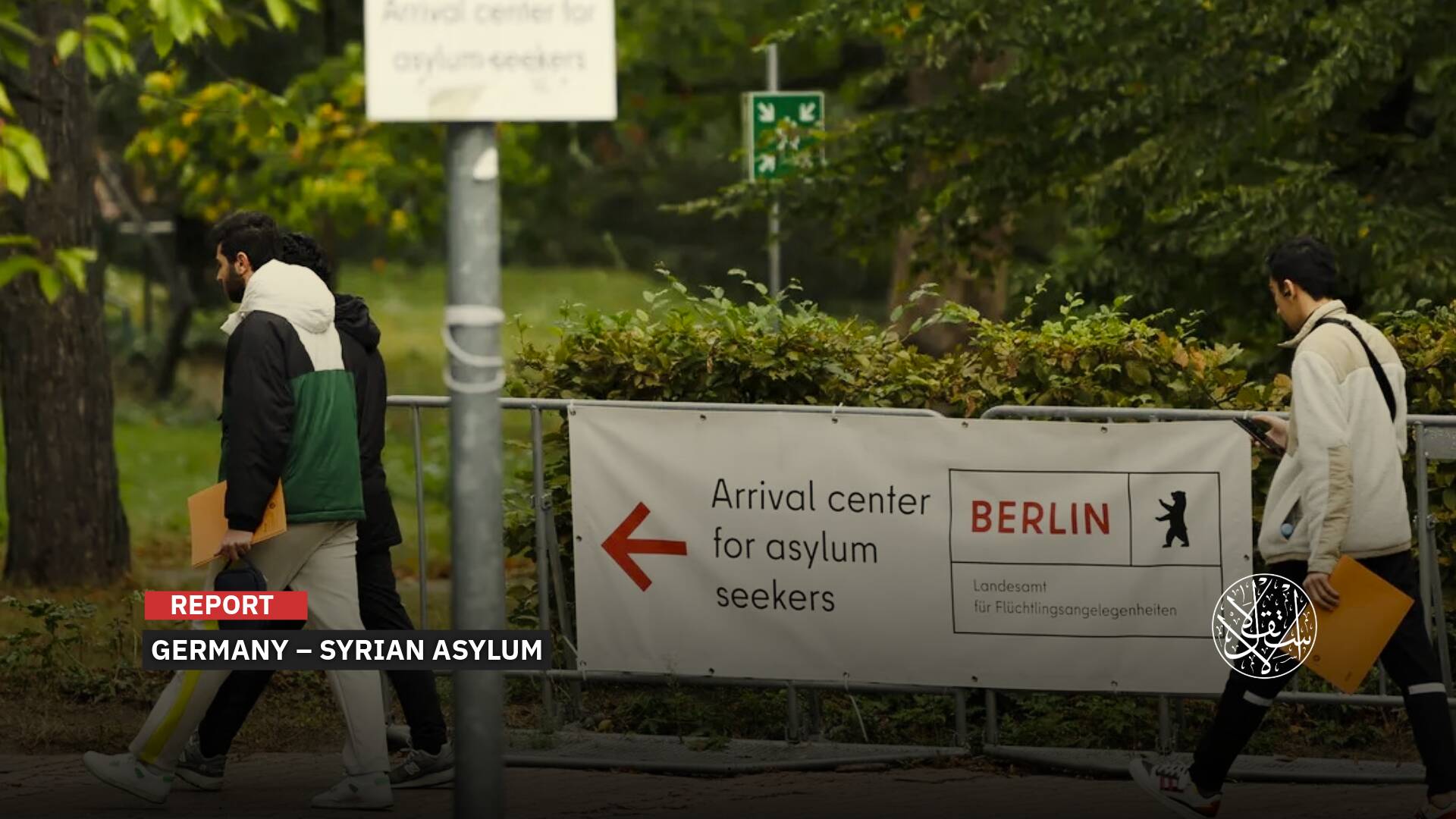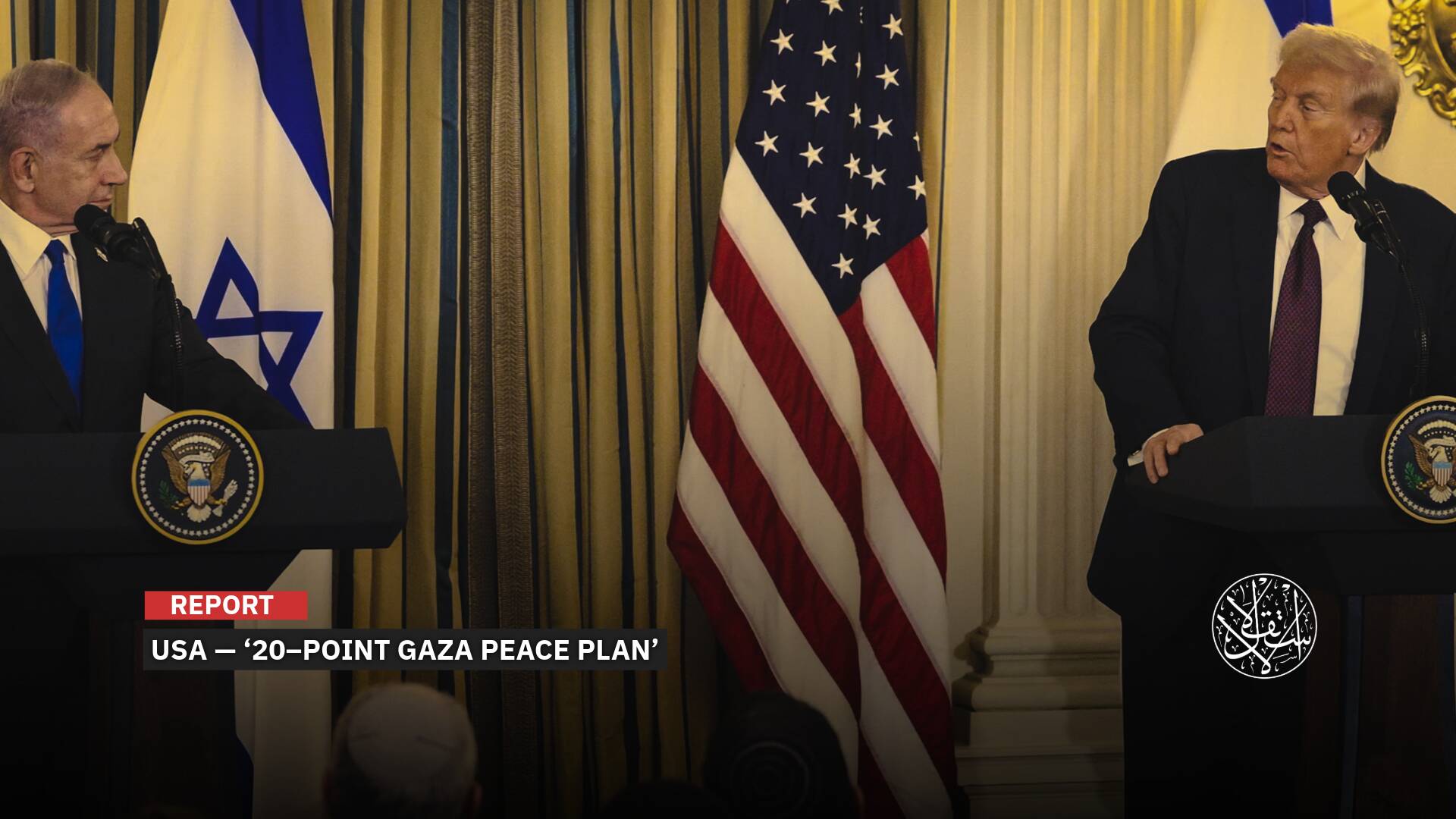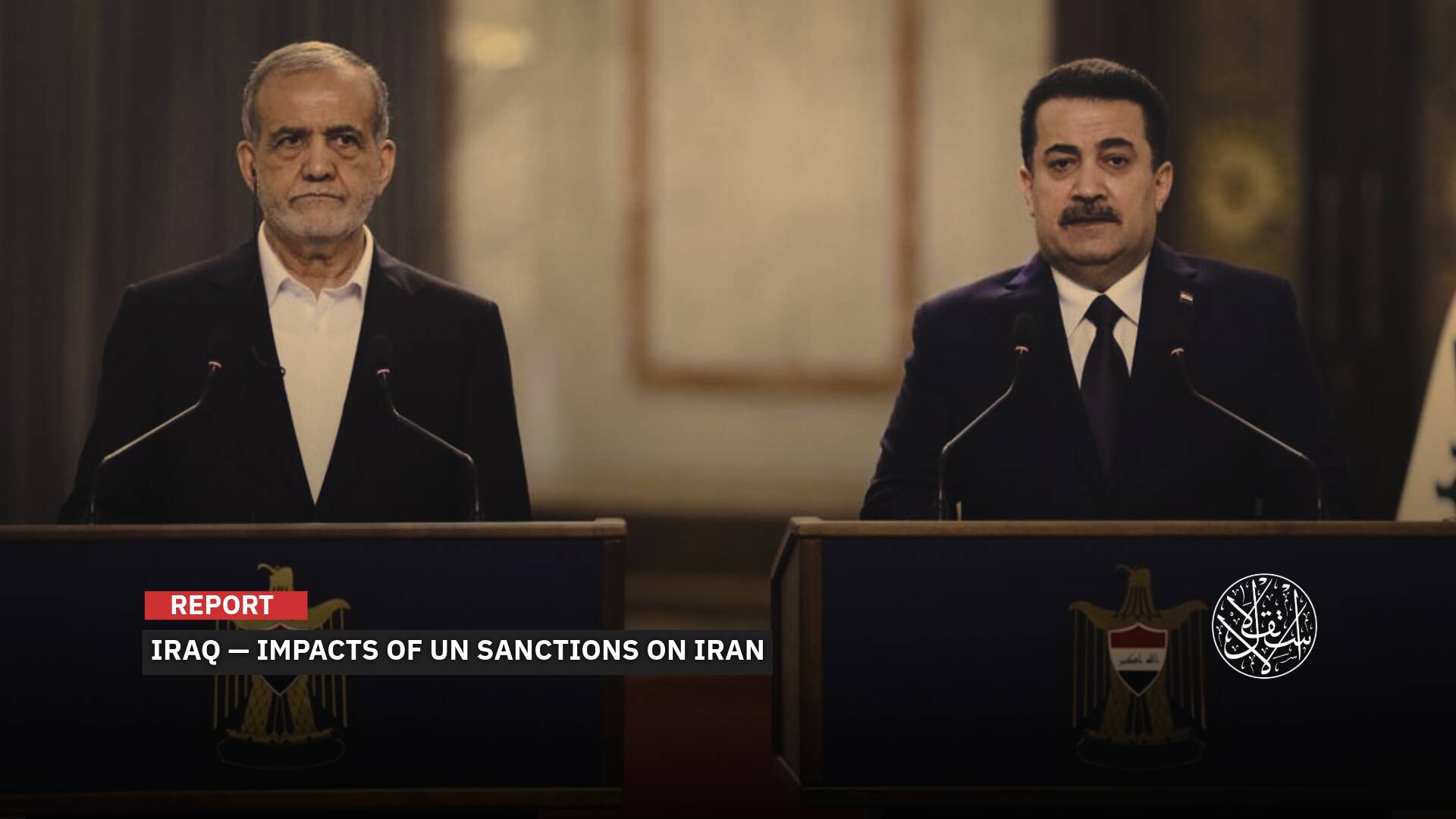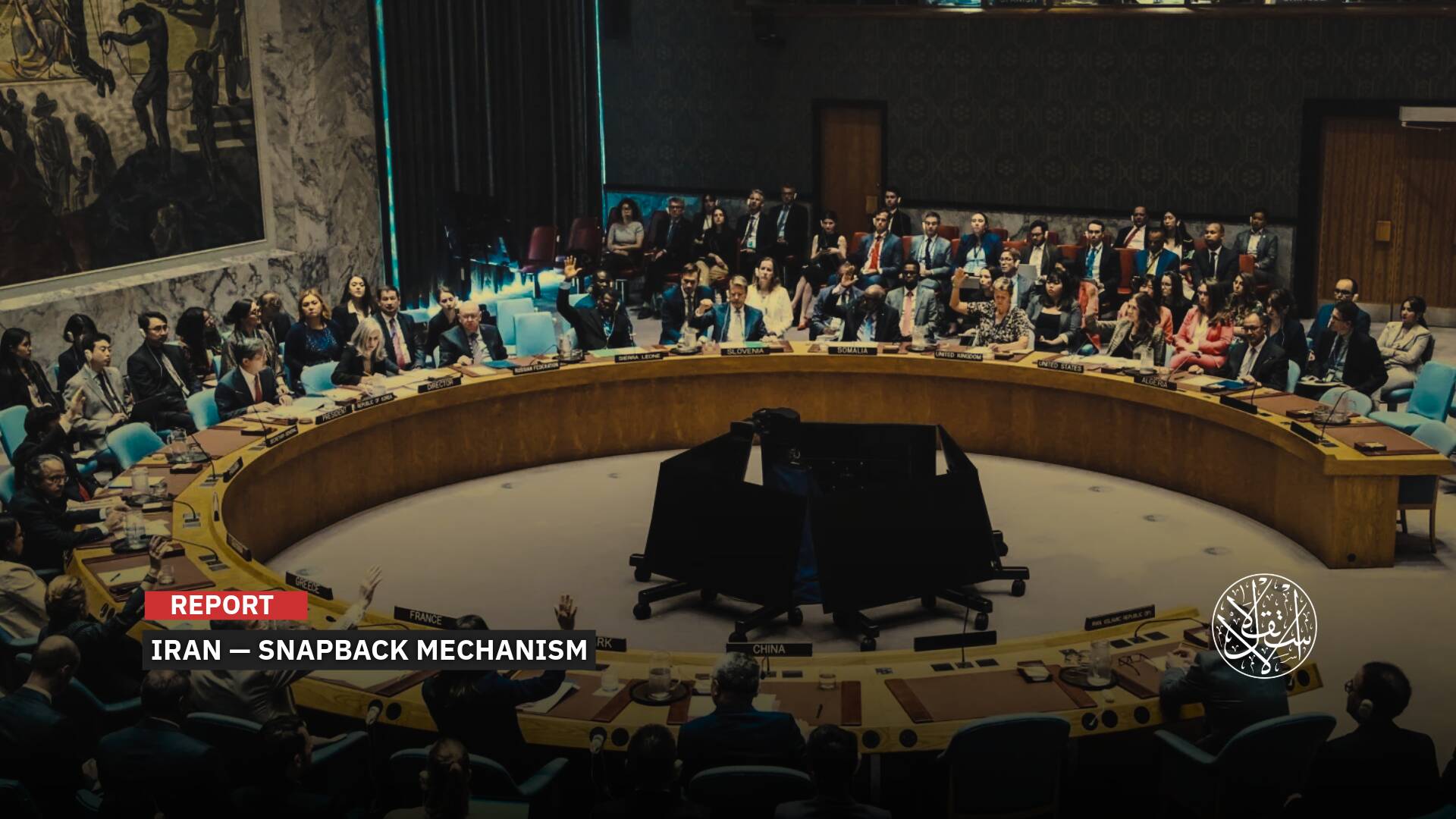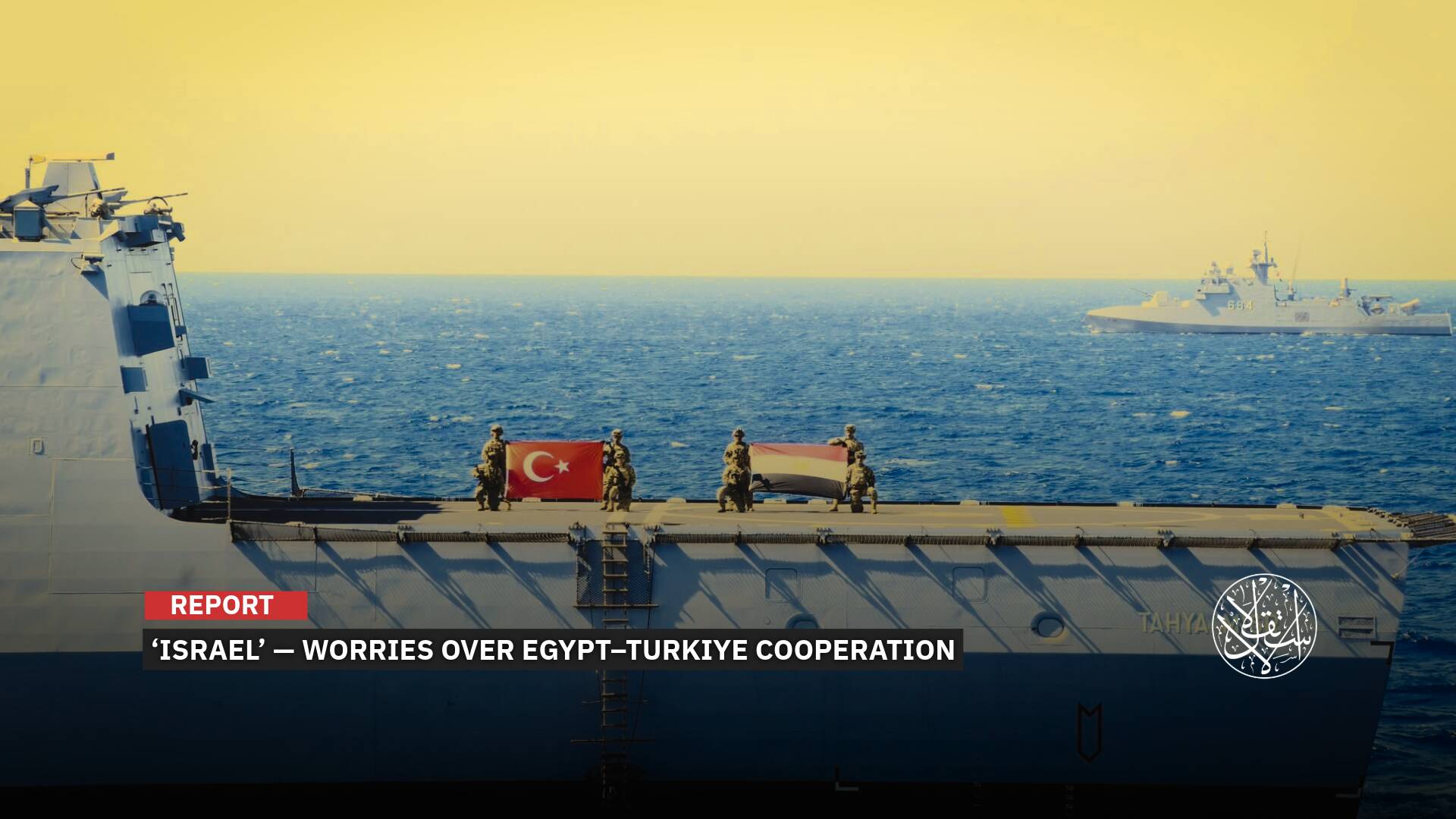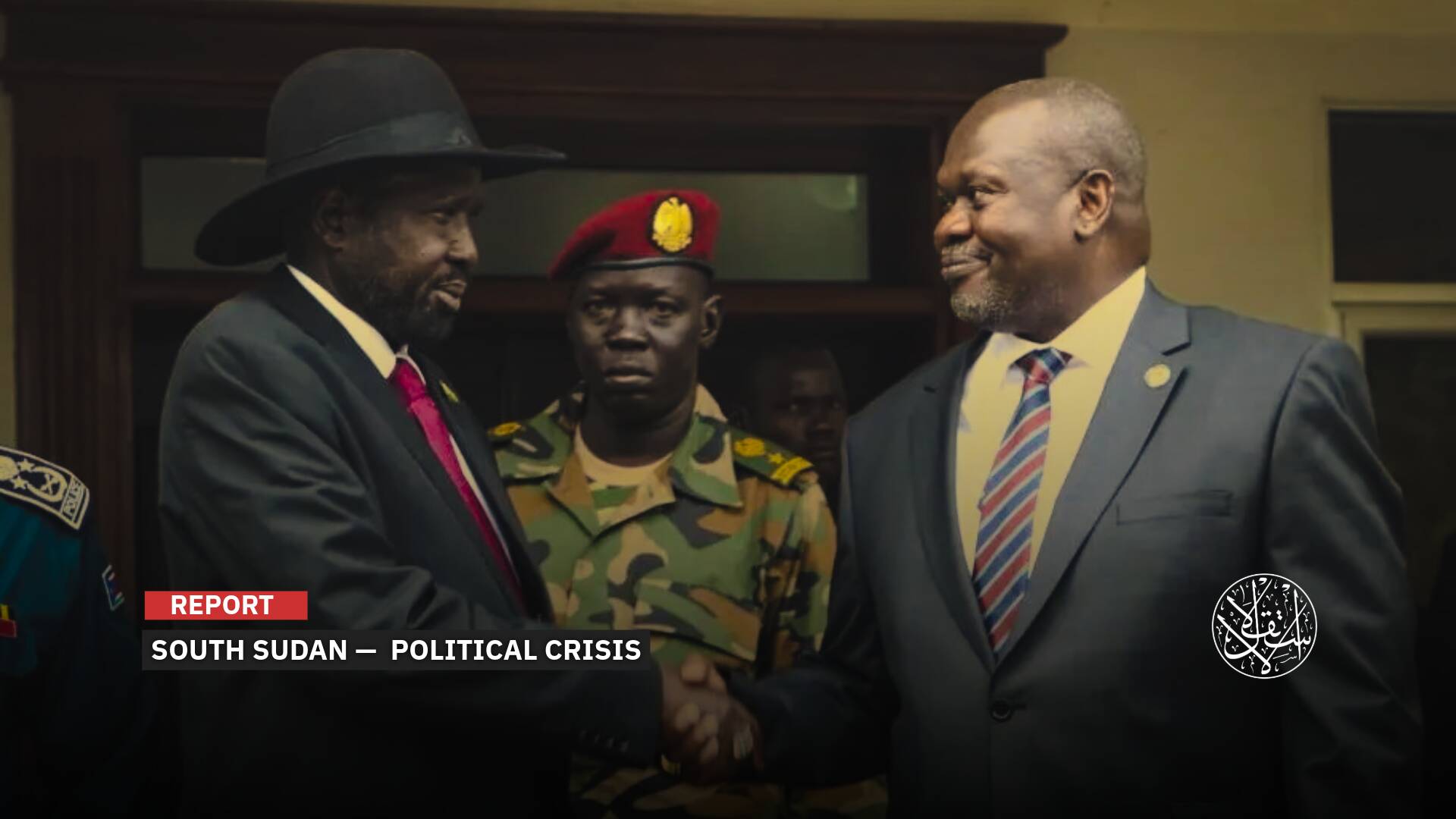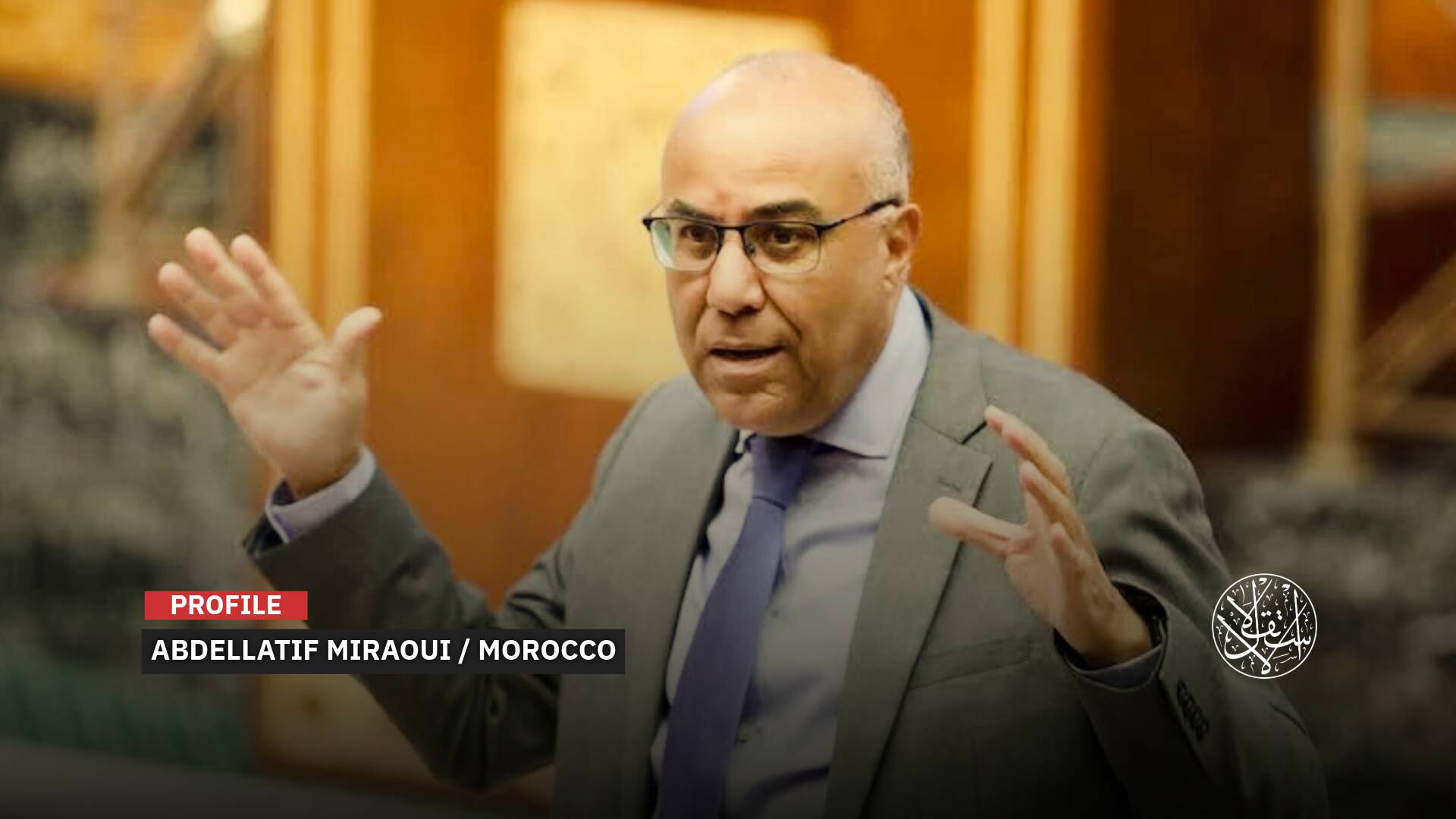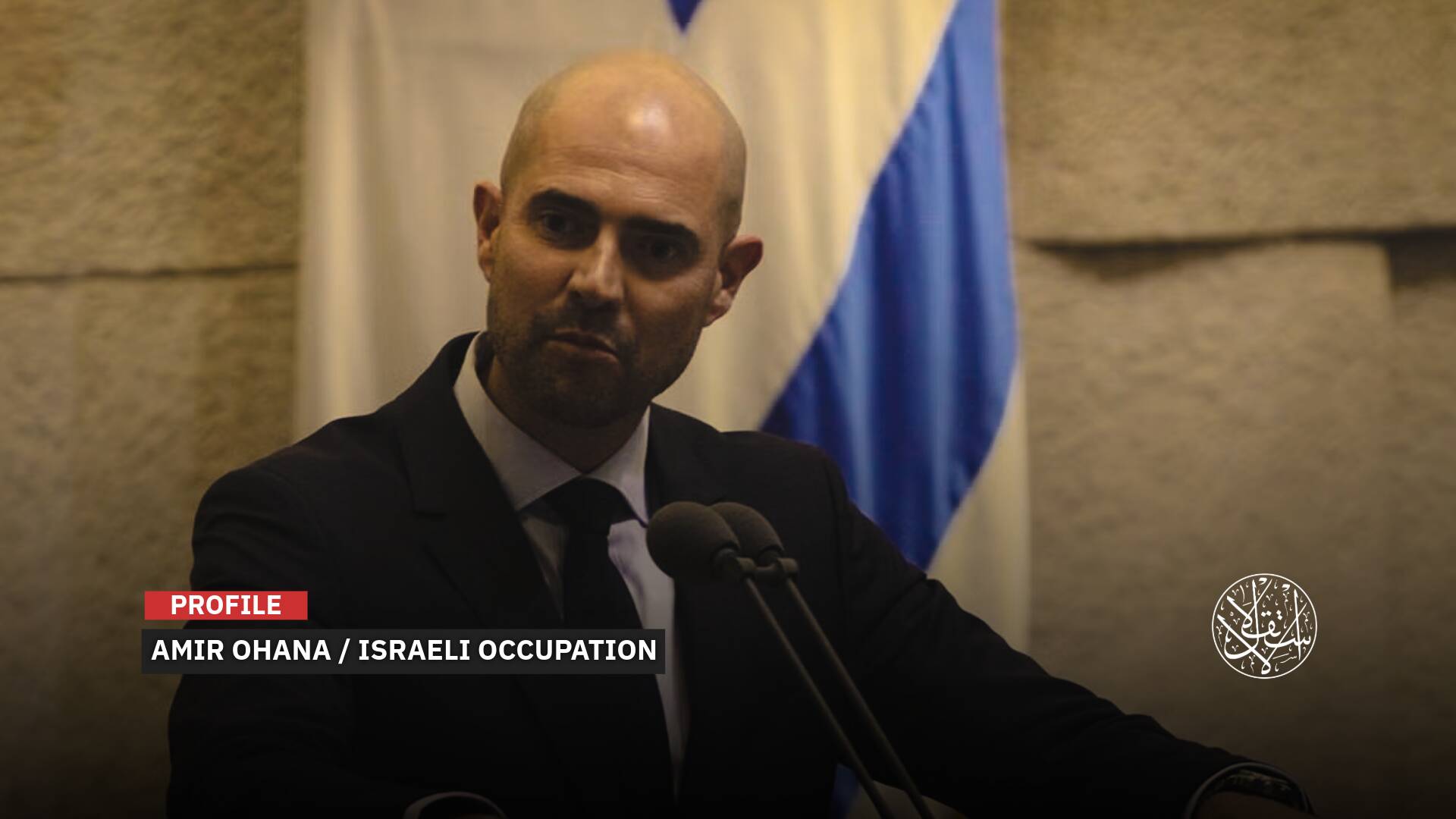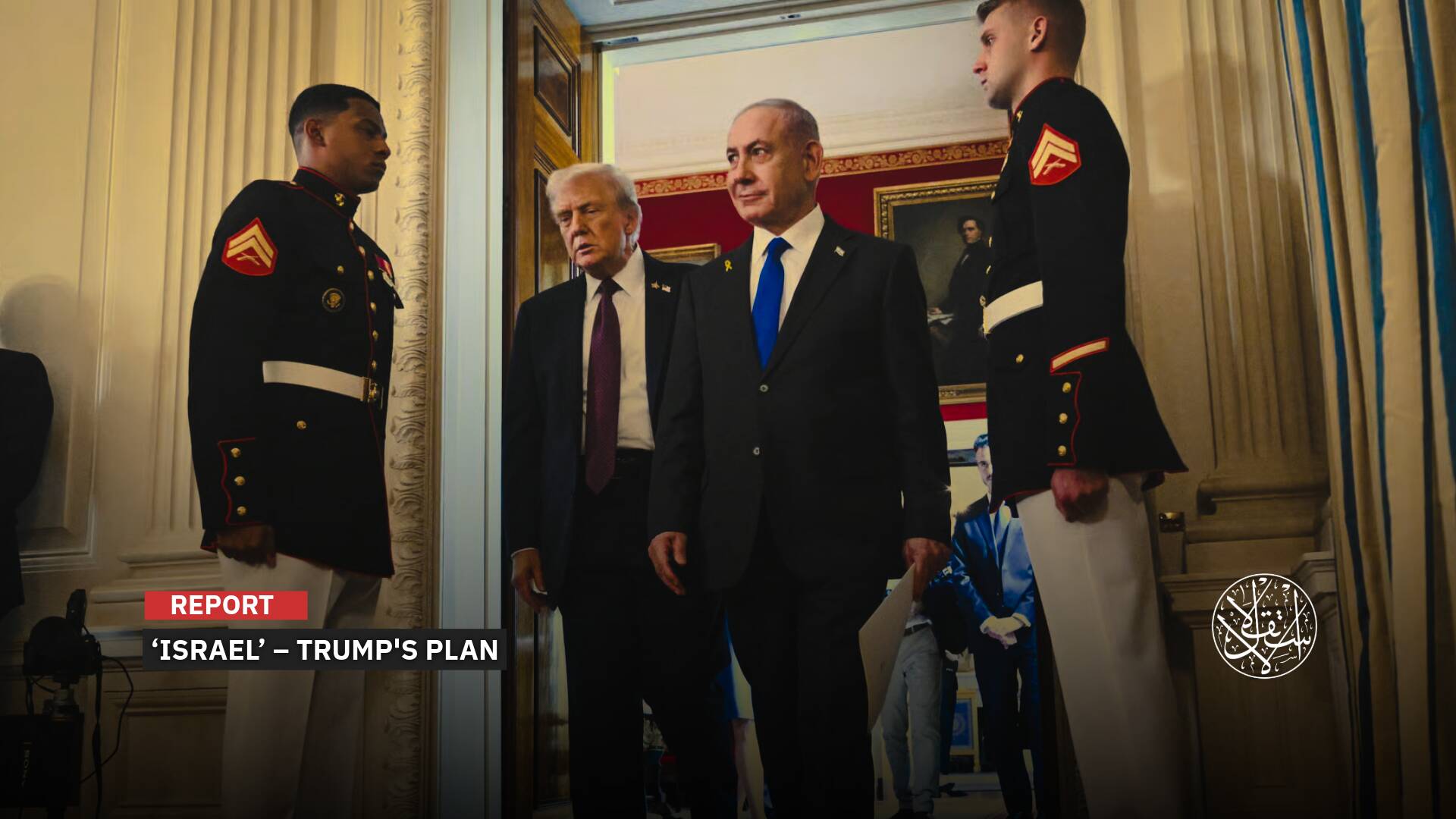Trump Forces Netanyahu to Apologize to Qatar: Moment of Weakness or Political Ploy?
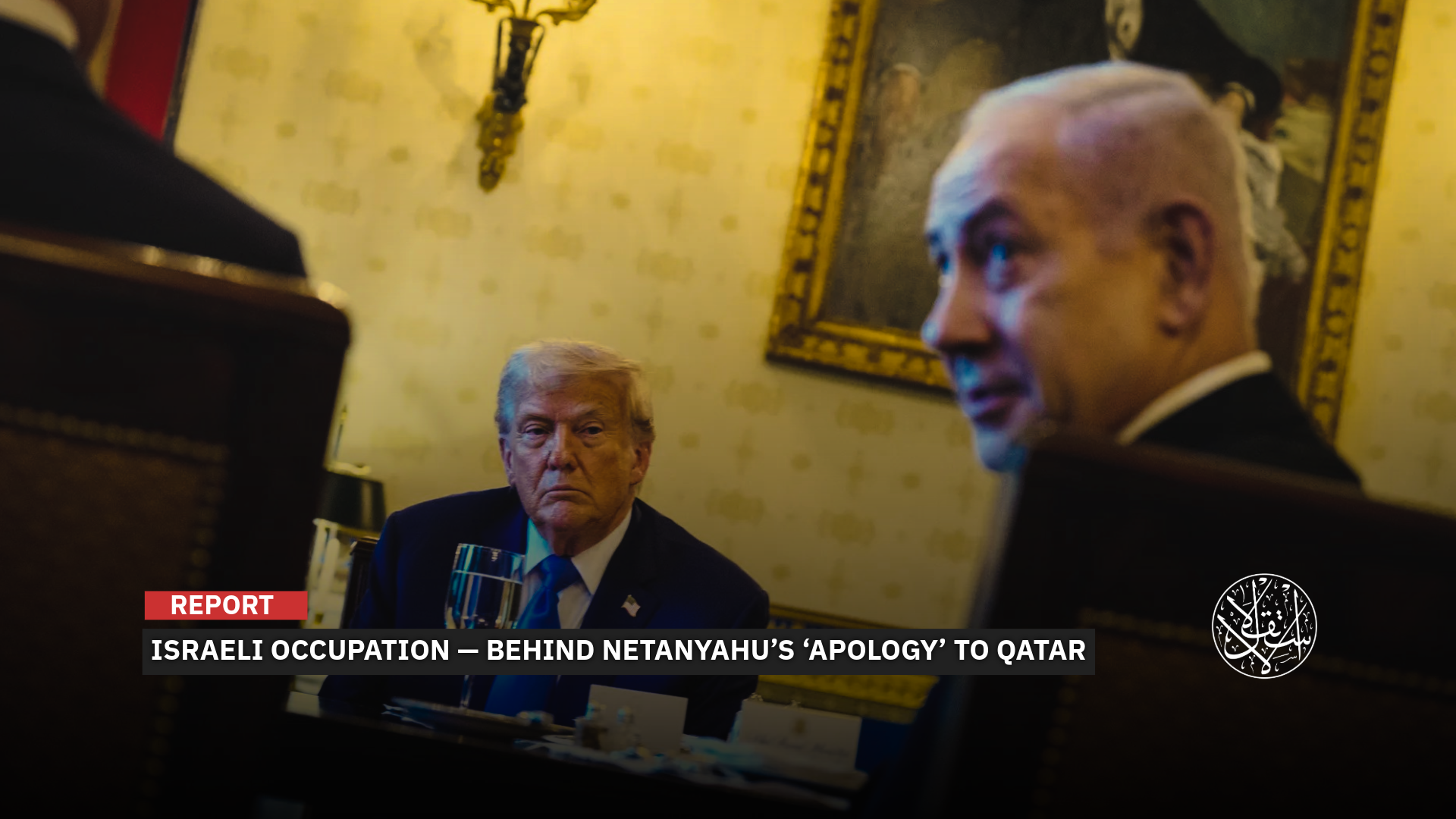
Netanyahu assured Qatar that “Israel” will not attack it in the future.
Israeli Prime Minister Benjamin Netanyahu’s apology to Qatar for aggressively attacking the country has raised questions about the implications of a move widely seen as the result of U.S. pressure. The stated goal was to restore Doha’s role as a mediator in efforts to end the Israeli war on Gaza.
The apology came on September 29, 2025, just 20 days after an Israeli airstrike hit a meeting of Hamas leaders in Doha, where the group had been discussing President Donald Trump’s proposal to end the Gaza genocide.
It also followed comments by Netanyahu at a press conference in Tel Aviv with U.S. Secretary of State Marco Rubio on September 15, where he did not rule out further strikes against Hamas leaders “wherever they are,” while affirming that “Israel” takes “full responsibility” for the aggression on Doha.
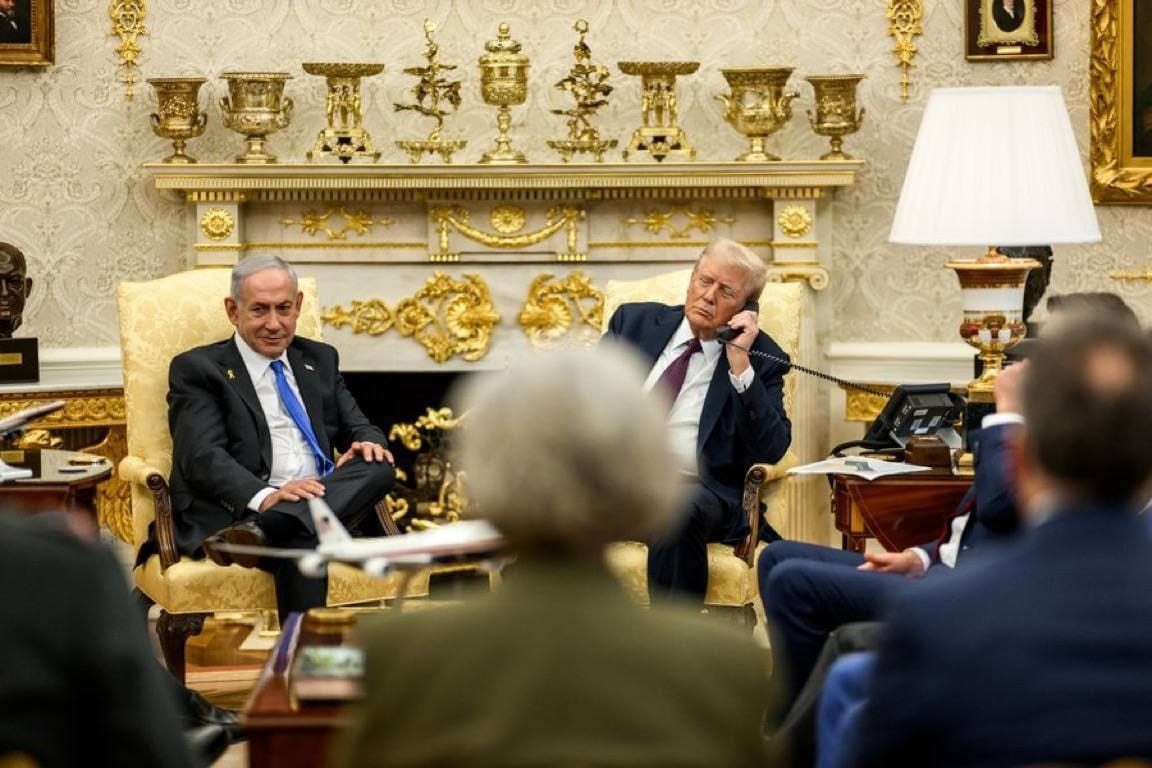
‘Apology and Assurance’
In a statement issued on September 29, the White House said that Netanyahu expressed regret to Qatari prime minister and Foreign Minister Mohammed bin Abdulrahman al-Thani over the attack on Doha, pledging that it would not happen again.
The acknowledgment came during a three-way phone call involving al-Thani, President Donald Trump, and Netanyahu, hosted by the White House.
The White House said Netanyahu expressed “deep regret” that the Israeli missile strike on Hamas leaders in Qatar “unintentionally” killed a Qatari soldier, acknowledging that the attacks violated Qatar’s sovereignty.
The statement added that Netanyahu assured Qatar that “Israel” will not carry out future attacks like the one on September 9.
Following the aggression, Hamas announced that its negotiating delegation, led by leader Khalil al-Hayya in Gaza, survived the assassination attempt, while his son Hammam, chief of staff Jihad Labad, and three aides were killed.
The Qatari prime minister welcomed Netanyahu’s guarantees against future attacks, reaffirming Doha’s commitment to contributing to regional security and stability. Netanyahu expressed his commitment in turn.
The White House said the two leaders agreed on Trump’s proposal to establish a “trilateral mechanism involving Washington, Doha, and Tel Aviv to enhance coordination, improve communication, resolve disputes, and strengthen collective efforts to deter threats.”
Trump also expressed his desire to put Israeli-Qatari relations on “a positive track” after years of “mutual grievances and miscommunications.”
Shortly afterward, the Qatari Foreign Ministry issued a statement noting that Netanyahu apologized for the attack on Doha and the violation of Qatari sovereignty, pledging not to repeat it.
The statement confirmed Doha’s readiness to continue engaging in efforts to end the war on Gaza under President Trump’s initiative, after Qatar had suspended mediation following the Israeli aggression.
On September 23, 2025, Emir Sheikh Tamim bin Hamad al-Thani criticized Netanyahu at the United Nations General Assembly, accusing him of trying to sabotage Gaza ceasefire negotiations by attacking Doha and calling “Israel” a “rogue state.”
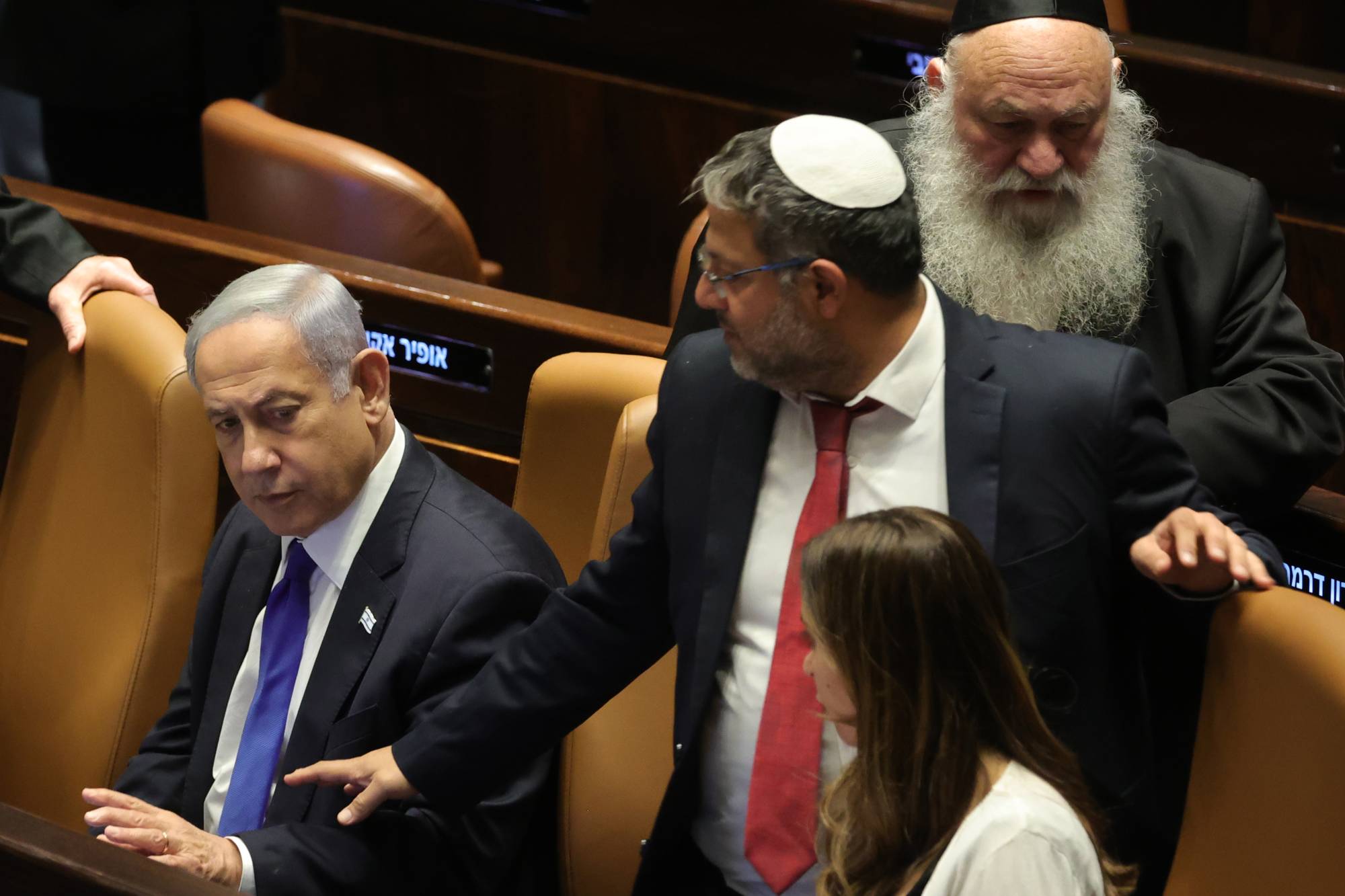
Israeli Occupation Outrage
In the Israeli Occupation, media outlets highlighted the fallout from Netanyahu’s apology, which the government was not informed of in advance, noting that the move underscored Doha’s significance in regional negotiations.
On September 29, the Israeli Broadcasting Corporation reported that Netanyahu had not briefed senior political officials about the apology. The report cited an unnamed Israeli official saying that “Israel” had also agreed to compensate the family of the Qatari security officer killed during the attack on Doha.
Israeli Finance Minister Bezalel Smotrich described the apology as “shameful,” claiming that Qatar is “a state that supports and sponsors terrorism.”
Far-right National Security Minister Itamar Ben-Gvir posted on X, claiming that the attack on Hamas leaders “in the enemy state of Qatar was important, just, and morally unparalleled,” in his words. He added, “It is very good that it happened.”
“It is unbelievable that Netanyahu apologized to the Qataris, who to this day have not condemned the October 7, 2023 massacre, yet he never apologized to the people of Israel for the thousands killed and kidnapped during his tenure,” Avigdor Liberman, leader of the Yisrael Beiteinu party, posted on X.
Michael Shemesh, political correspondent for Channel 11, described the events as highly dramatic, saying Netanyahu had no choice but to apologize because Doha refused to move forward with Trump’s proposed deal without it.
Dana Weiss, political analyst for Channel 12, said Netanyahu’s pledge not to target Qatari territory again sends a clear message, reflecting why Israeli security leaders opposed the attack from the start. She noted the aggression coincided with a moment when Hamas appeared ready to show flexibility in negotiations.
Gili Cohen, political correspondent for Channel 11, pointed out that senior security officials were surprised by Netanyahu’s formal apology to the Qataris, calling the move “unprecedented.”
Zvi Yehezkeli, an analyst on Palestinian affairs for Channel 24, said recent developments highlighted Qatar’s critical role in the issue, noting that any future political path cannot proceed without its participation.
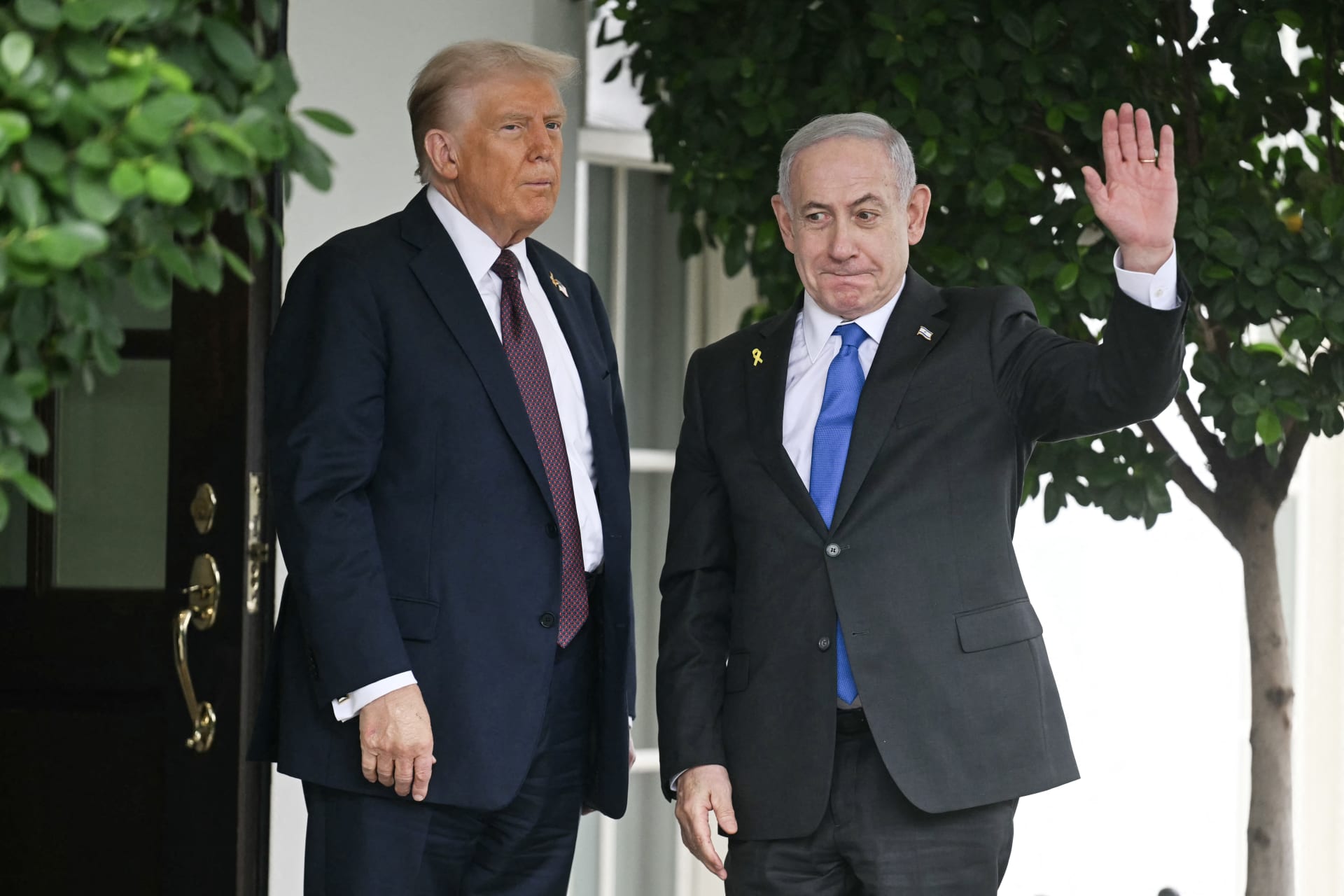
Sign of Weakness
On the significance of the “apology,” Middle East analyst Imad al-Din al-Jubouri said the Israeli aggression on Qatar had broader implications for the Gulf region and beyond, as well as for Netanyahu’s international isolation.
“Trump also needs Qatar as an indispensable mediator, because it conditioned its return to talks on Netanyahu’s apology. This is what happened, and it raises questions about how committed he will be to his promise not to attack Doha again,” he told Al-Estiklal.
Netanyahu’s record shows this is the third apology he has issued during his terms as Israeli Occupation’s prime minister.
The first came after an assassination attempt on Hamas leader Khaled Mashal in Amman in 1997, when Netanyahu apologized to the late King Hussein of Jordan.
The second was to then-Prime Minister Recep Tayyip Erdogan after “Israel” attacked the Turkish ship MV Mavi Marmara carrying humanitarian aid to Gaza in 2010.
“The difference today is that the apology came 20 days after the attack. The question remains: can Netanyahu be trusted in the future? I do not think so,” al-Jubouri said.
Regarding whether the apology aims to restore regional confidence in Washington after its tacit role in the Israeli Occupation’s aggression on Qatar, he added, “The Gulf system has historical and strategic ties with the United States, so that relationship is unlikely to shift abruptly.”
Palestinian analyst Yasser Zaatreh commented on Netanyahu’s apology to Qatar on X on September 29, saying, “There is no doubt it came under pressure from Trump, hoping for Qatar’s intervention in favor of his new Gaza plan.”
“Trump also knew about the Doha attack, but he did not want to be associated with a failed operation. It is a rare apology, though not unprecedented, as seen with Jordan and Turkiye.”
Zaatreh said the apology “generally reflects a state of weakness for Netanyahu, both domestically, where he faces internal opposition, and externally, where he is widely criticized, compounded by the ongoing crisis in Gaza.”
“What matters is that the apology comes with no undisclosed cost. Most importantly, it should not lead to Qatari pressure on Hamas to accept Trump’s plan if it rejects it, the same as with Turkiye. We trust Hamas will not accept anything that it believes is against its people and cause, regardless of the price,” he added.
After meeting with Netanyahu, during which he offered an apology to Qatar, Trump presented a comprehensive 20-point plan on September 29 to end “Israel’s” nearly two-year war on the Gaza Strip.
The document, released by the White House, included provisions on a ceasefire, the release of Israeli captives, delivery of aid, and reconstruction of the Gaza Strip, alongside the disarmament of Hamas and the establishment of a transitional government excluding both the factions and the Palestinian Authority, while maintaining Israeli Occupation security control over Gaza.
Trump warned Hamas, saying, “If Hamas rejects the plan, Israel will do what it has to do.”
“Hamas is either going to be doing it or not, and if it’s not, it’s going to be a very sad end,” he added.
Sources
- Scoop: Netanyahu apologizes to Qatar for violating sovereignty with airstrike
- Netanyahu: Hamas leaders have no immunity, wherever they are. We bear full responsibility for the Qatar attack. [Arabic]
- Israeli Media: Netanyahu’s Apology to Qatar Highlights Its Importance and the Failure of the Attack [Arabic]
- Netanyahu apologizes to Qatar for violating its territory with strike on Hamas chiefs
- Readout of President Trump's Call with Prime Minister Netanyahu of Israel and Prime Minister Al Thani of Qatar
- Netanyahu’s Apology to Qatar Sparks Outrage in Israel [Arabic]
- Trump's Gaza ultimatum: 'Three to four days' to accept peace plan


